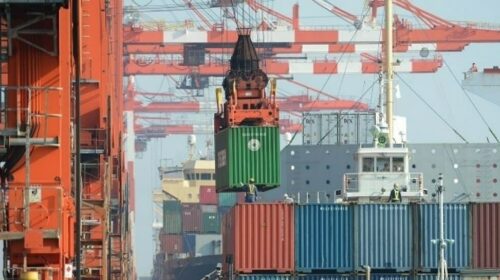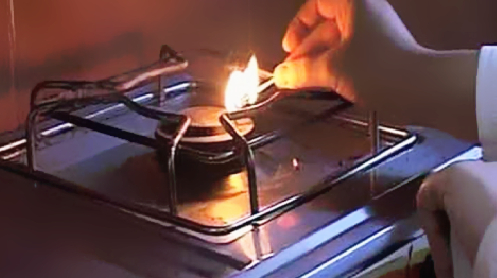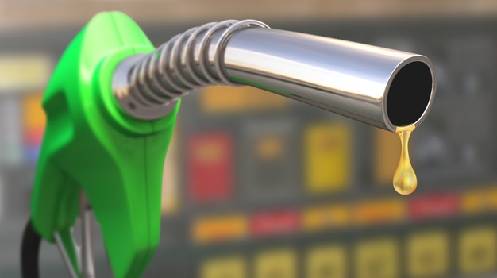The value-added textile exporters on Monday slammed the coalition government of Pakistan Democratic Movement (PDM) for permitting the import of “luxury BMW cars” amid economic crisis, saying that the government’s inattention has brought the export sector to a disaster.
The incumbent government lacks a clear direction and its “casual” conduct has brought a disaster to the industrial sector and sabotaged exports, value-added textile exporters told a joint press conference held at PHMA House.
They said that the financial crisis for the exporters outgrows with foreign buyers showing reluctance to place orders with the local textile makers.
They censured the government for importing expensive luxurious BMW cars for its cabinet members as the economic crisis grows, saying that these politicians have no contributions to the growth of national exchequer, foreign exchange and employment generation.
Textile bodies term ‘imbalance of payments’ main problem
On the other hand, they said, textile export industries are denied LCs of $5000 to import raw materials and accessories for manufacturing purposes. Resultantly, the blocking of LCs wrecked havoc on the export sector, causing a severe disruption and delays in completion of foreign orders. They feared the government’s continuing policy of blocking LCs may lead to the cancellation of international orders.
Besides, they said, the port demurrage for of various consignments has even exceeded the cost of those materials, which are damaged and now cannot be used in industries that will now be auctioned.
The industry is on the verge of a closure, they warned adding that many manufacturing units have already ceased operations with several others are planning a closedown. They said that many manufacturing companies are considering relocating their units abroad.
The continuing economic crisis, unresolved problems and issues have made industries go for seven million layoffs of its workforce of which four million are in textile sector, they said. They blamed the government for the possible divestment and unemployment. The country’s overall exports are faced with a steep decline, which they projected to further slump to the lowest levels with foreign reserves to the “extreme dangerous levels”.
They called the government’s economic governance “very poor” in its first nine months, saying that two federal finance ministers were appointed to help underpin the ailing economy but both failed. They said that the prime minister and the finance minister or any other concerned cabinet members have no time to meet with exporters to hear their problems.
The exporters also slammed the government for costly advertisements in media, saying that such a stunt will serve no good to the nation rather a political mileage to the present rule.
They showed apprehensions over a “complete” silence and no practical actions by the prime minister, finance minister, national assembly, senate, bureaucracy and establishment to salvage the economy.
The ailing economy and the government’s inaction have driven the exporters into a highly distressed situation, cementing an impression that “nobody in the government seems thoughtful of the situation,” they said.
They said that there is a feeling building up that the government is indifferent of the industrial recession in the country. Export industries are functioning under-capacity because of the high cost of manufacturing. The government has placed exporters on its third tier of raw materials importers following essential goods like wheat, edible oil and energy products like petrol, despite being the foreign exchange earners, they questioned such a policy.
The value-added textile exporters demanded of the government to give them a top priority in all terms of export with an approval of minimum 20 percent of their foreign remittance to spend for import of raw material and accessories.
The SBP has already approved that the exporters can retain 10 percent of their export proceeds in Exporters Special Foreign Currency Account to spend for various purpose, for instance, foreign consultant payment, hotel booking and travelling, payment for IT equipment and software, lab testing charges, audit, inspection, certification charges etc., they said.
Those spoke at the event included: Muhammad Jawed Bilwani, Coordinator Value-Added Textile Forum, Muhammad Babar Khan, Chairman Pakistan Hosiery Manufacturers & Exporters Association, Khizer Mehboob, Zonal Chairman PHMA, Rafiq Godil, Chairman, Pakistan Knitwear and Sweater Exporters Association, Abdul Samad, Former Chairman, Pakistan Cloth Merchants Association and others.





